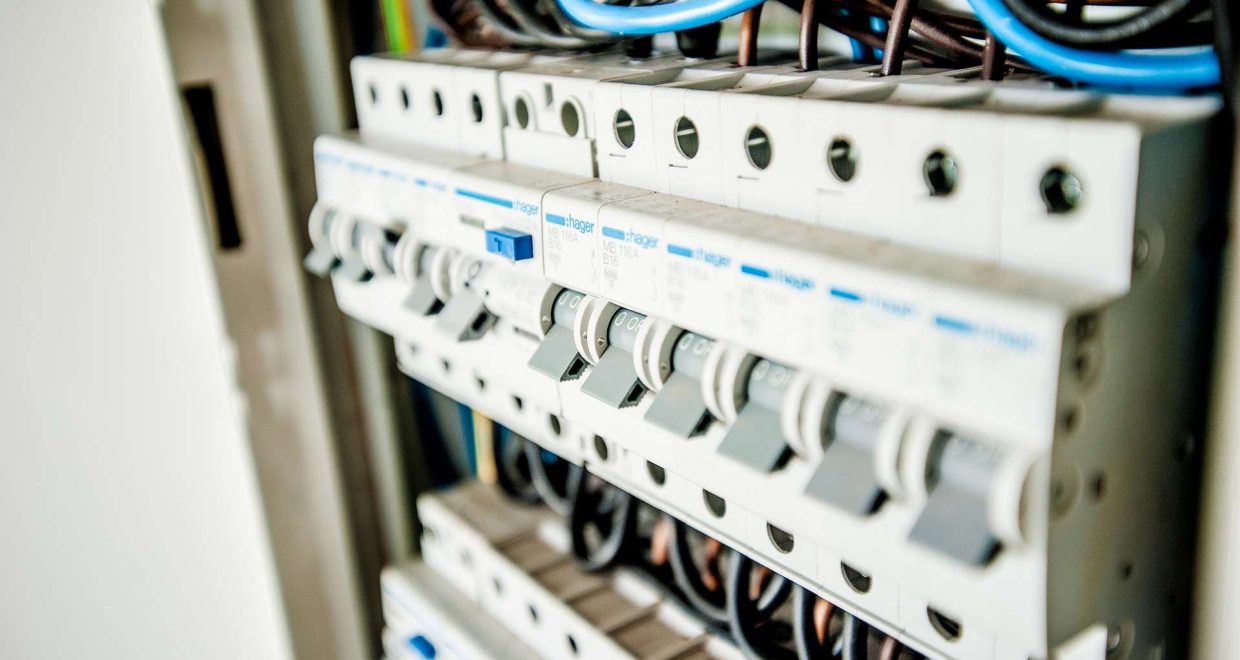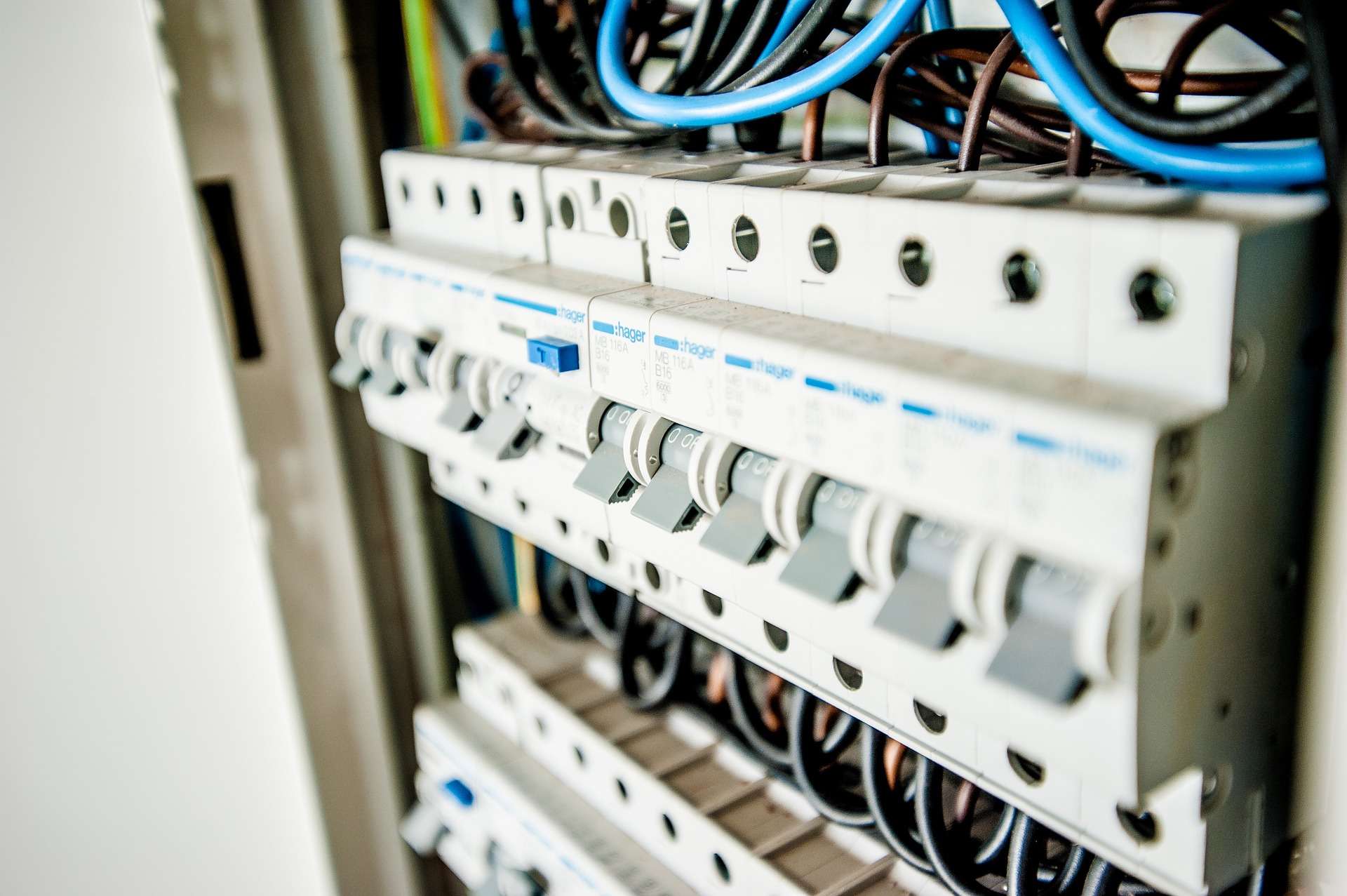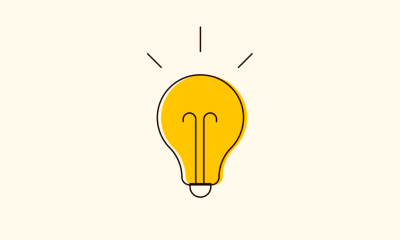News / 10.09.18
Eliminating energy poverty in Europe: The role of Market Design

Energy poverty is rising in Europe. Arrears in utility bills have increased 40% in the EU since the financial crisis. 7 million families receive disconnection notices every year. 1 in 10 Europeans cannot keep warm in winter, while 1 in 5 cannot keep cool in the summer[1].
Last June, 68 national, European and international organisations called on EU governments to include measures to alleviate energy poverty in new energy laws.[2] Portugal, Spain, Luxembourg and Greece have now expressed their wish to include energy poverty in the 2030 Energy package.
Energy poverty’s urgency is better understood and recognized. Now we need action.
As new EU electricity market rules are entering the final stages of political negotiations, here is what we are calling for to alleviate energy poverty in the Electricity market directive:
- Define energy poverty. Although contexts differ across the EU, the well-known causes of energy poverty should be acknowledged: low incomes, high energy prices, inefficient homes. A proposed definition of energy poverty is included in recitals (Recital 40) – it must be moved to Article 29 to give full recognition to the nature of energy poverty.
- Define criteria to measure energy poverty (Article 29). Around a third of Member States have yet to recognise energy poverty officially. Defining criteria to measure energy poverty will ensure recognition and monitoring of the issue, a precondition to action.
- National action plans (Article 29) requiring Member States to set in motion both long-term and short-term measures to alleviate energy poverty.
- Support local energy communities: Local community energy projects have been shown to alleviate energy poverty by empowering citizens to save energy, and through solidarity initiatives that use revenue generated from renewable energy to support vulnerable and low-income households. Electricity market rules must support community energy.
- Ban disconnections to protect the right to energy for all. More and more Europeans are at risk of disconnections — a harsh, extreme procedure. Energy is widely recognized as a human right: banning disconnections would effectively protect this right. At the moment, proposals on the table only stipulate that Member States can choose to ban disconnections at “critical times” to protect vulnerable consumers. The lack of definition of critical times further weakens this option: it should either be defined, or taken out of the text.

[1] Eurostat
[2] righttoenergy.org
More News

News / 26.02.25

